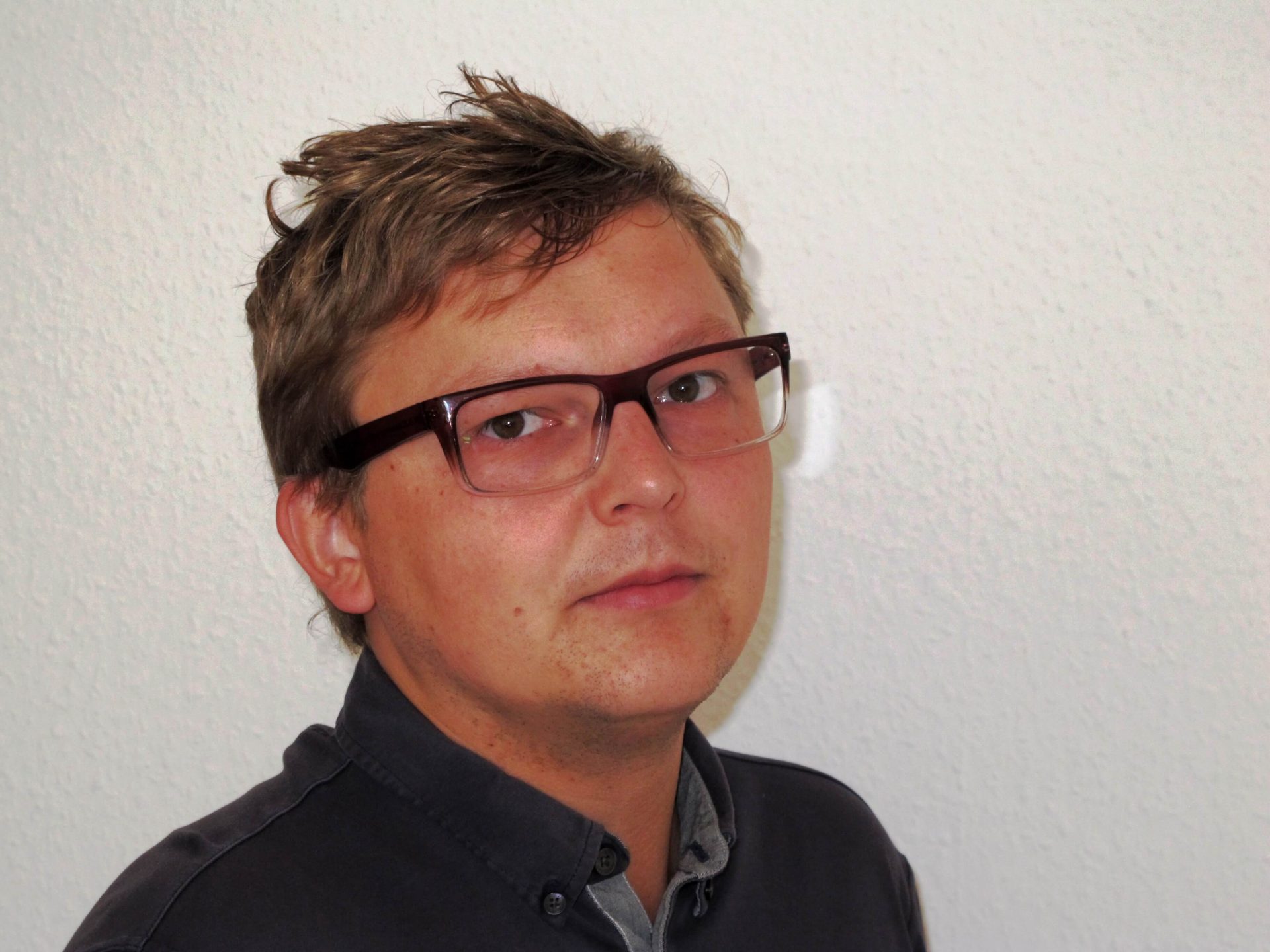Paul Vickers is a postdoctoral researcher at the International Graduate Centre for the Study of Culture (GCSC) at Justus Liebig University, Giessen, Germany. He also lectures in the departments of East European History and of Slavonic Studies at Giessen, teaching courses on Ukrainian history, Polish theatre and drama, and on memory studies as a method for historians. Before moving to Giessen, Paul was a lecturer at the Precarpathian National University in Ivano-Frankivsk, Ukraine. He completed his PhD at the University of Glasgow in 2014 on the subject of mass autobiography in communist Poland, look at relations between memory, censorship and power relating to migration to the territories acquired by Poland from Germany in 1945. He also completed his Master’s degree in Glasgow, having studied Polish and German at University College London before that. As well as working as a researcher, Paul has experience as a translator from Polish into English, collaborating with institutions including the Grotowski Centre, the Institute of Literary Studies of the Polish Academy of Sciences, and the Foundation for Polish Science (FNP).
During his stay in Lviv, Paul was working on his proposed second book or Habilitation paper. In this project he explores the history since 1772 of two cities, equidistant from Lviv, that were founded as ideal or planned cities, Zamość, now in Poland, and Ivano-Frankivsk (formerly Stanisławów/Stanislau) in Ukraine. The project consided how the various powers ruling the cities related to the cities’ founding utopian ideals and subsequent heritage in planning future developments. The project consided whether these provincial centres’ relations to notions of past and future, tradition and modernity, memory and oblivion – and the contemporary manifestations of functionally-similar concepts – differed from those in larger cities nearby and in imperial or national centres. The project explored how different actors and interactions between them, from individuals and entrepreneurs, through local and civil organisations, to national, imperial and transnational institutions, produced notions of pastness and futurity that affected how the cities changed. One aim of the project is to establish whether concepts functionally-similar to current notions of heritage and memory were at play in sites where utopian aspirations lay at the foundations of the cities. The project also asks how newer utopian visions and ideals could become dystopian in practice.
